Your rights at work
An Easy Read guide about your rights at work and what you must be allowed to do.

In this guide, we explain your rights at work.
Rights are rules about how everyone must treat you:
- equally
- fairly.
Who our laws protect

Our laws protect the rights of workers in Australia.
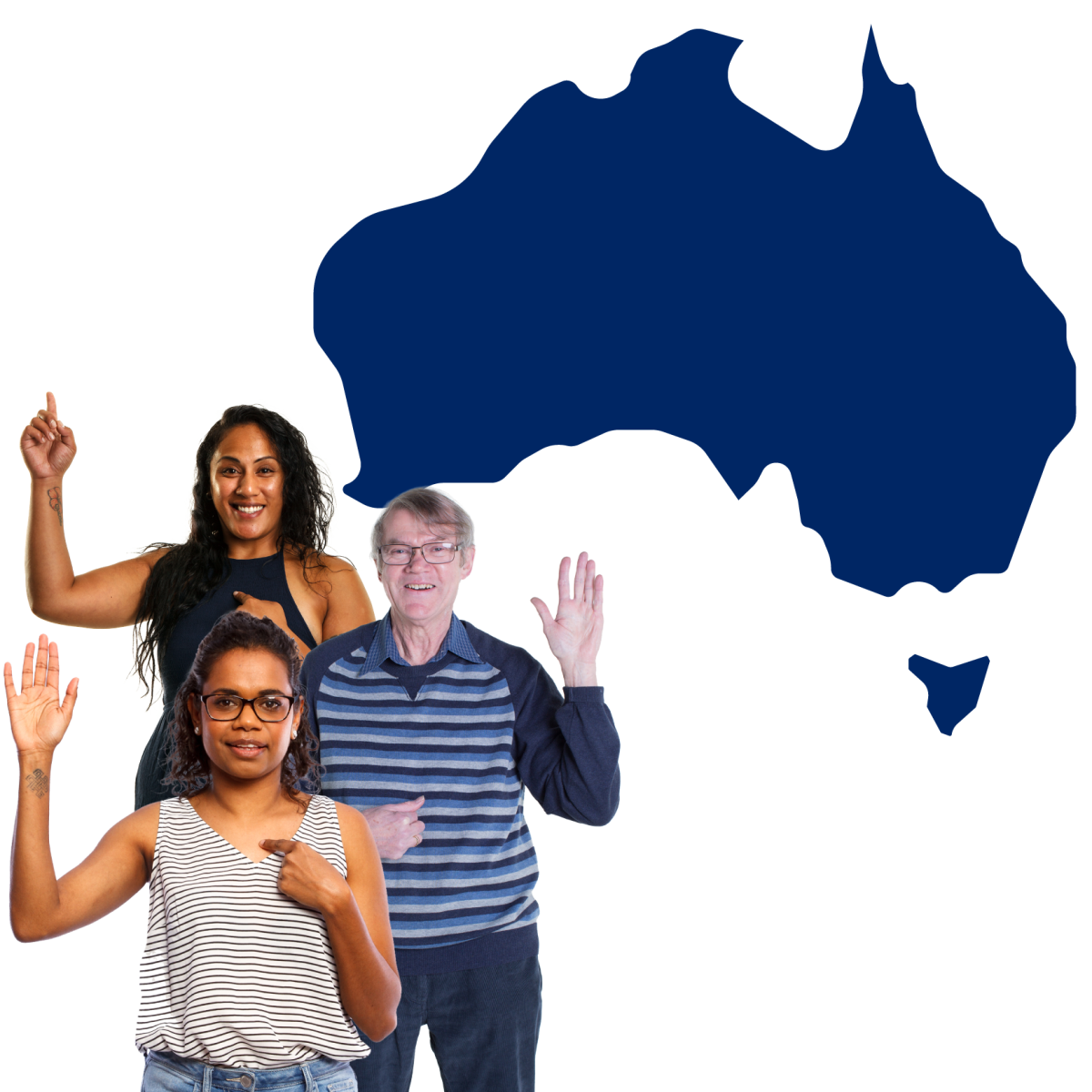
This includes workers who are:
- an Australian citizen – someone who is a member of a country by law
- a permanent resident – someone who is allowed to live in Australia, but they are not a citizen.
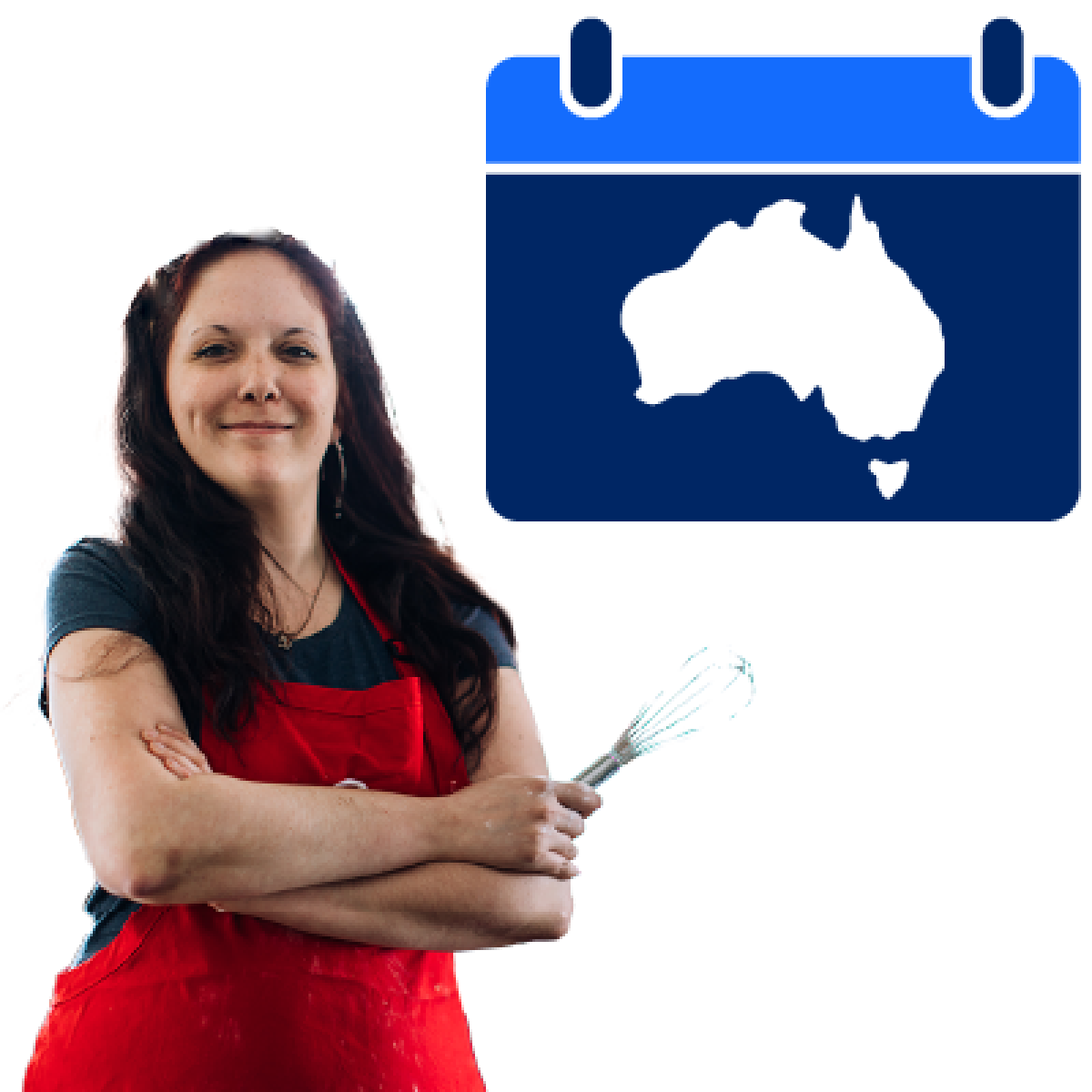
It also includes people visiting Australia on a working visa.
A working visa is a document that says you can work in a country for a certain amount of time.
Your rights to safety at work
Your right to training and safety
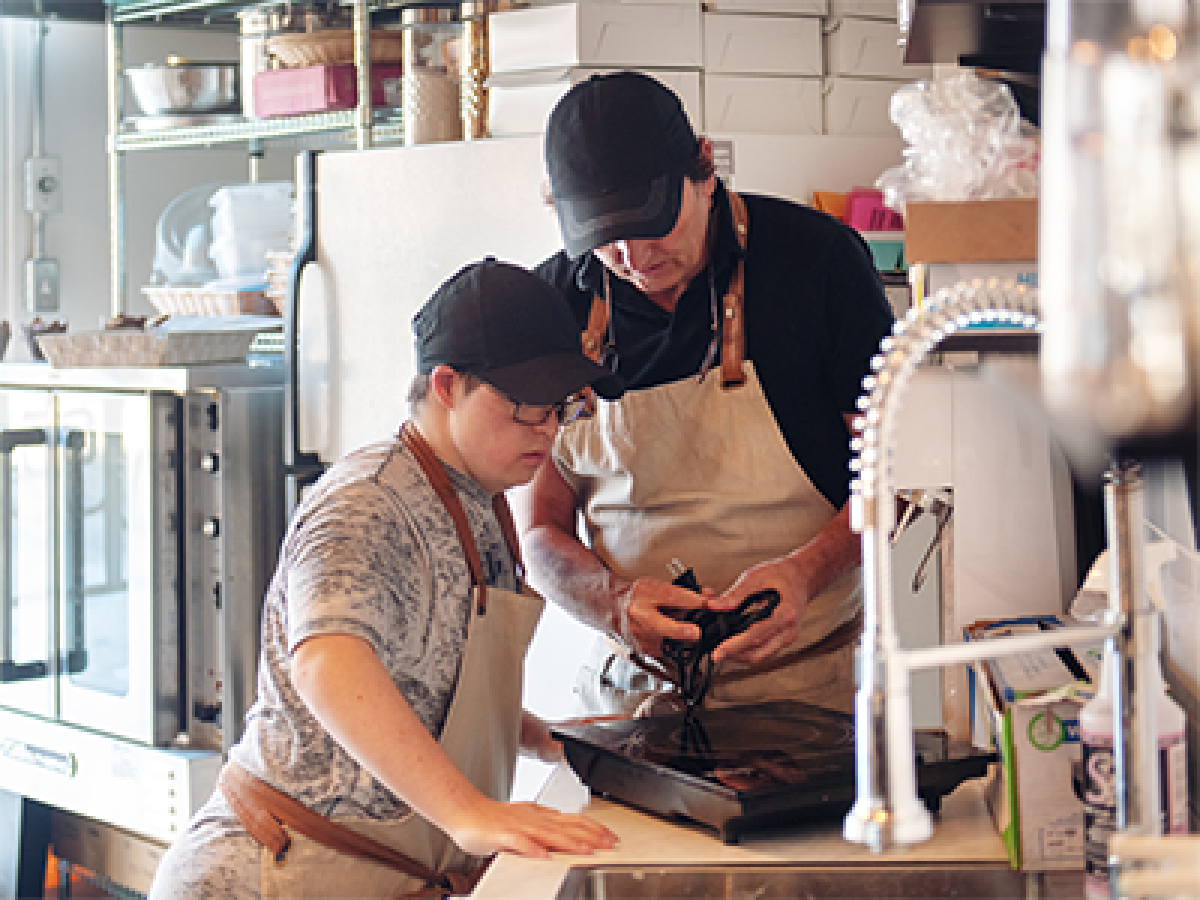
You have the right to get training from your employer.
An employer is a person who hires other people to work for them.
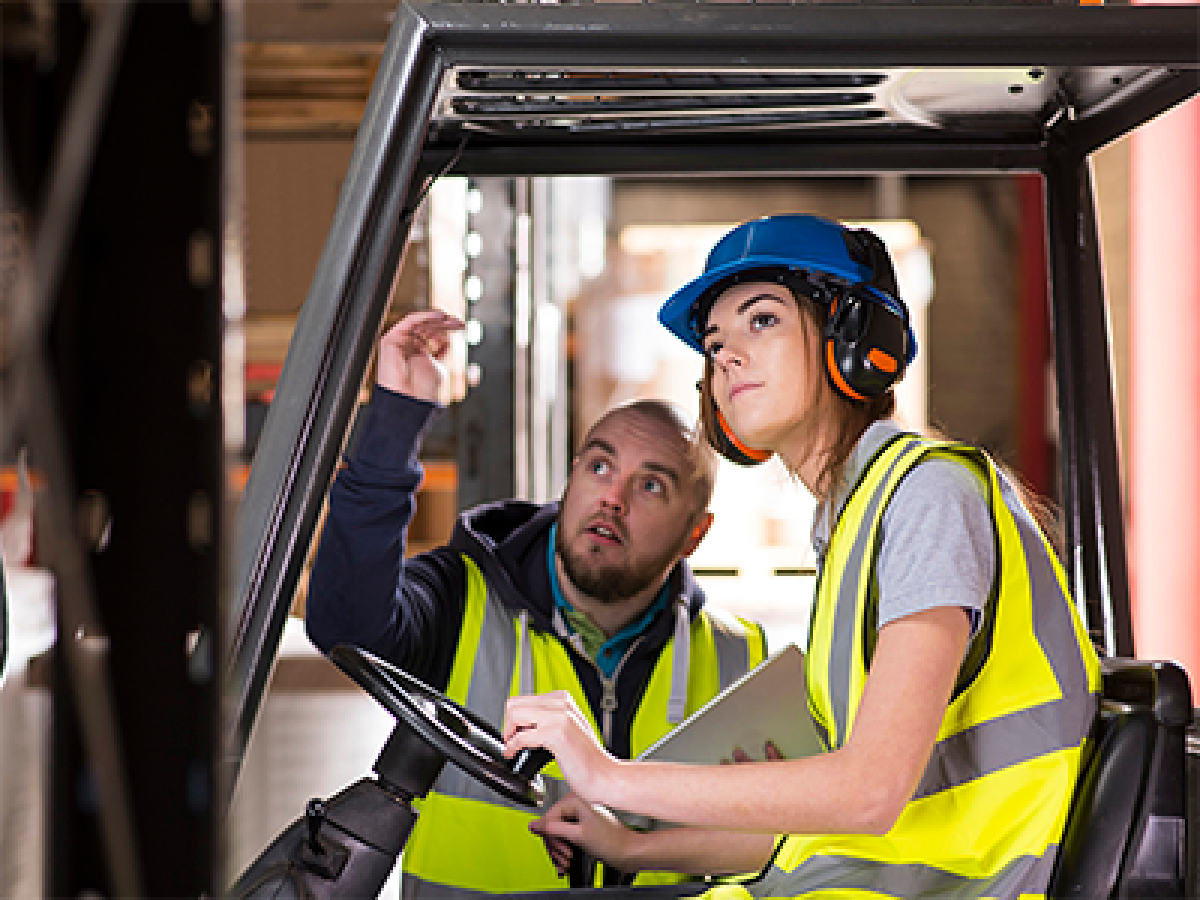
For example, your employer should show you how to use any equipment you need to do your job.
This includes safety equipment, like a helmet.

Your employer should also show you around your workplace when you start.
A workplace is any place you might work, such as:
- an office
- a factory
- a shop
- a service.
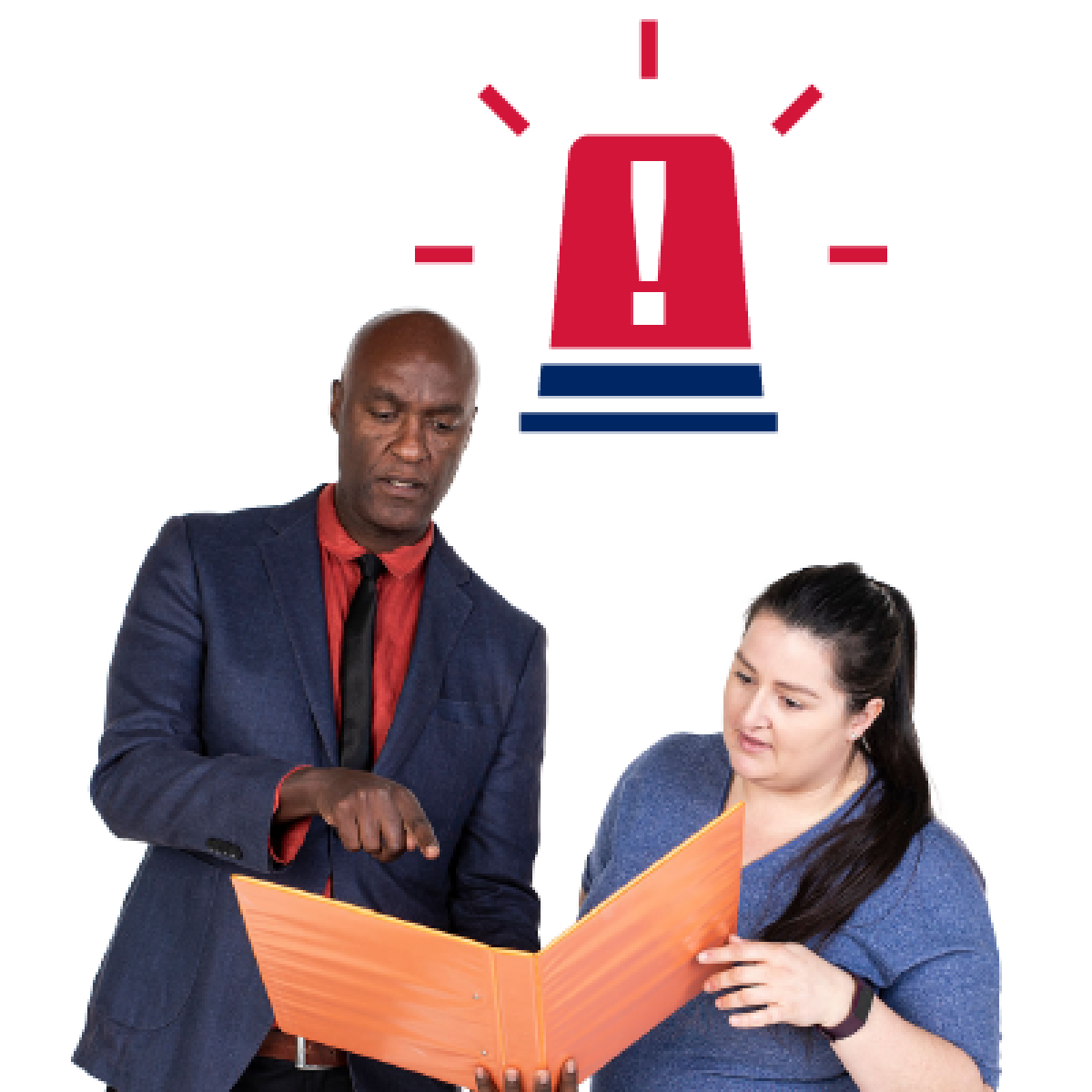
Your employer should show you what to do in an emergency.
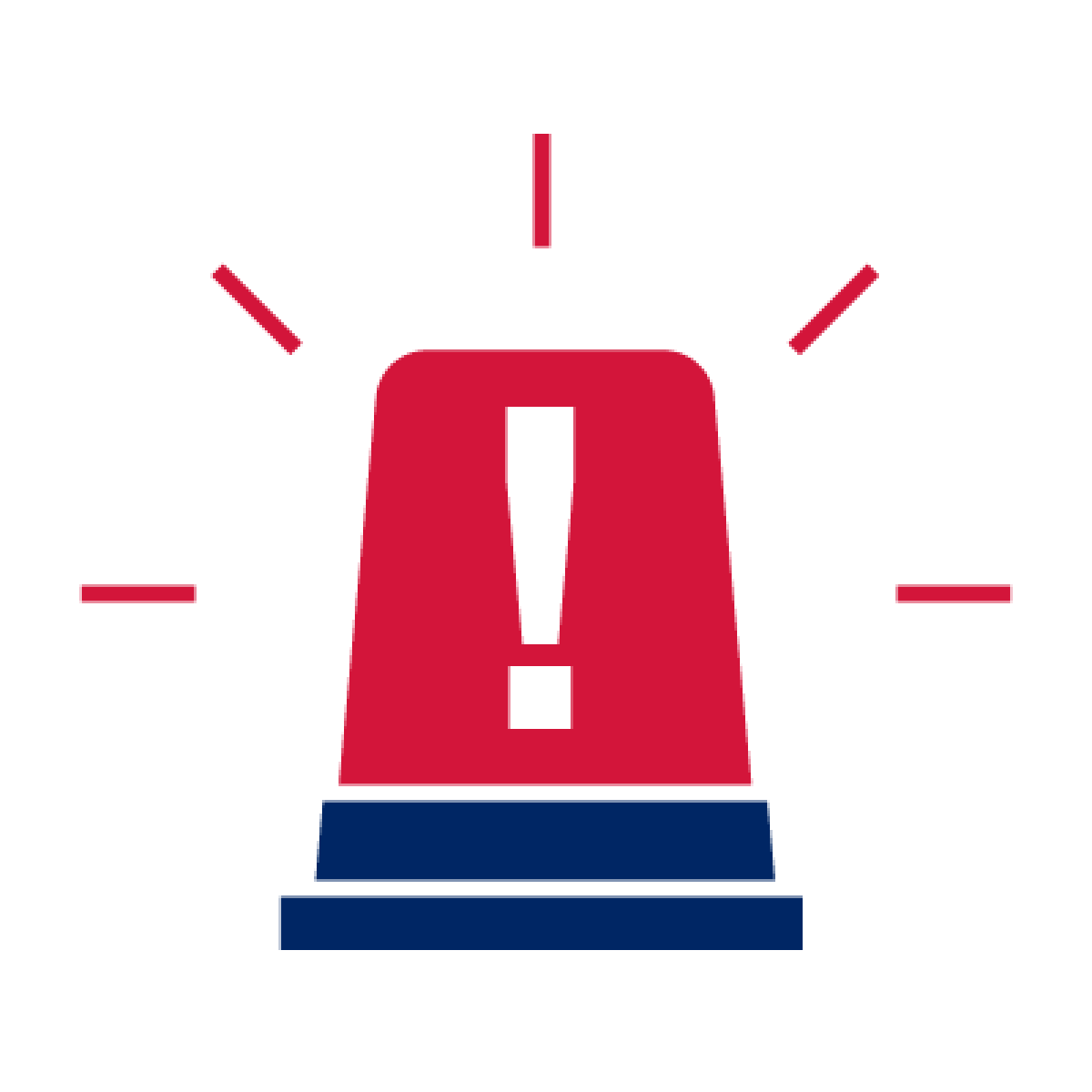
An emergency:
- is a dangerous situation
- is something we don’t expect to happen
- can put our health and safety at risk.
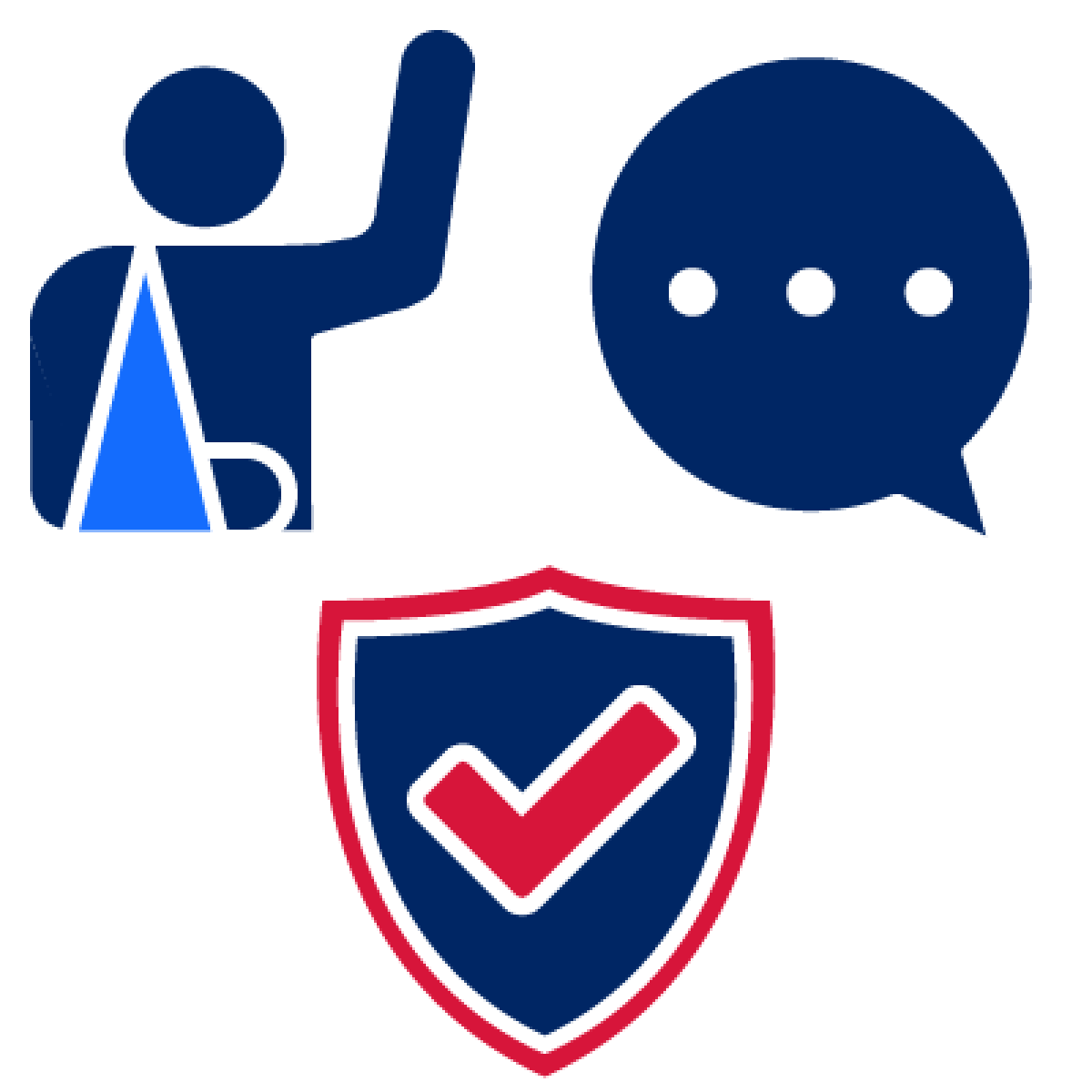
Your employer should also tell you:
- how to report an injury
- who you can talk to about safety
- how you can support safety at work.
Your right to speak up
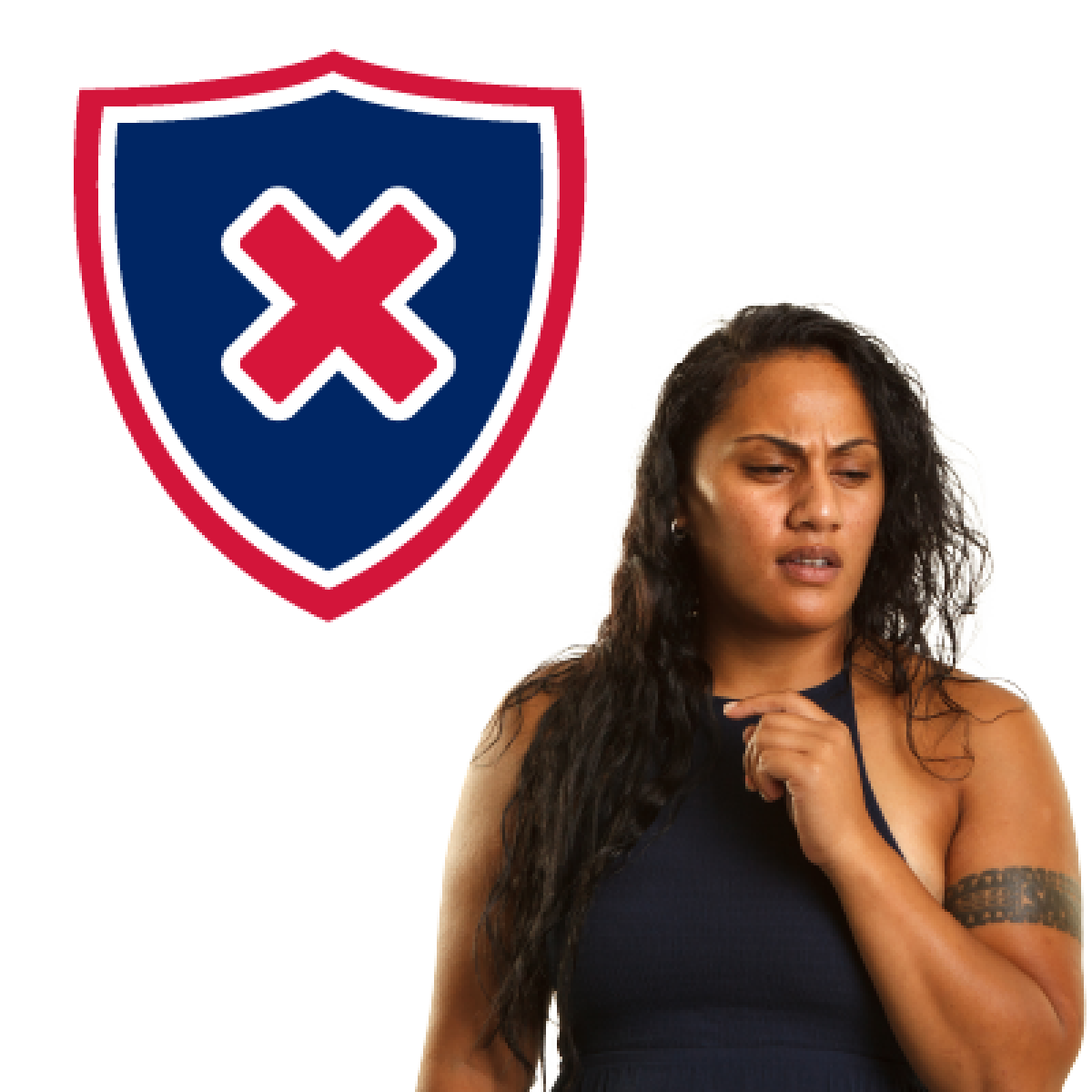
You have the right to speak up if you:
- don’t feel safe at work

- don’t know how to do something
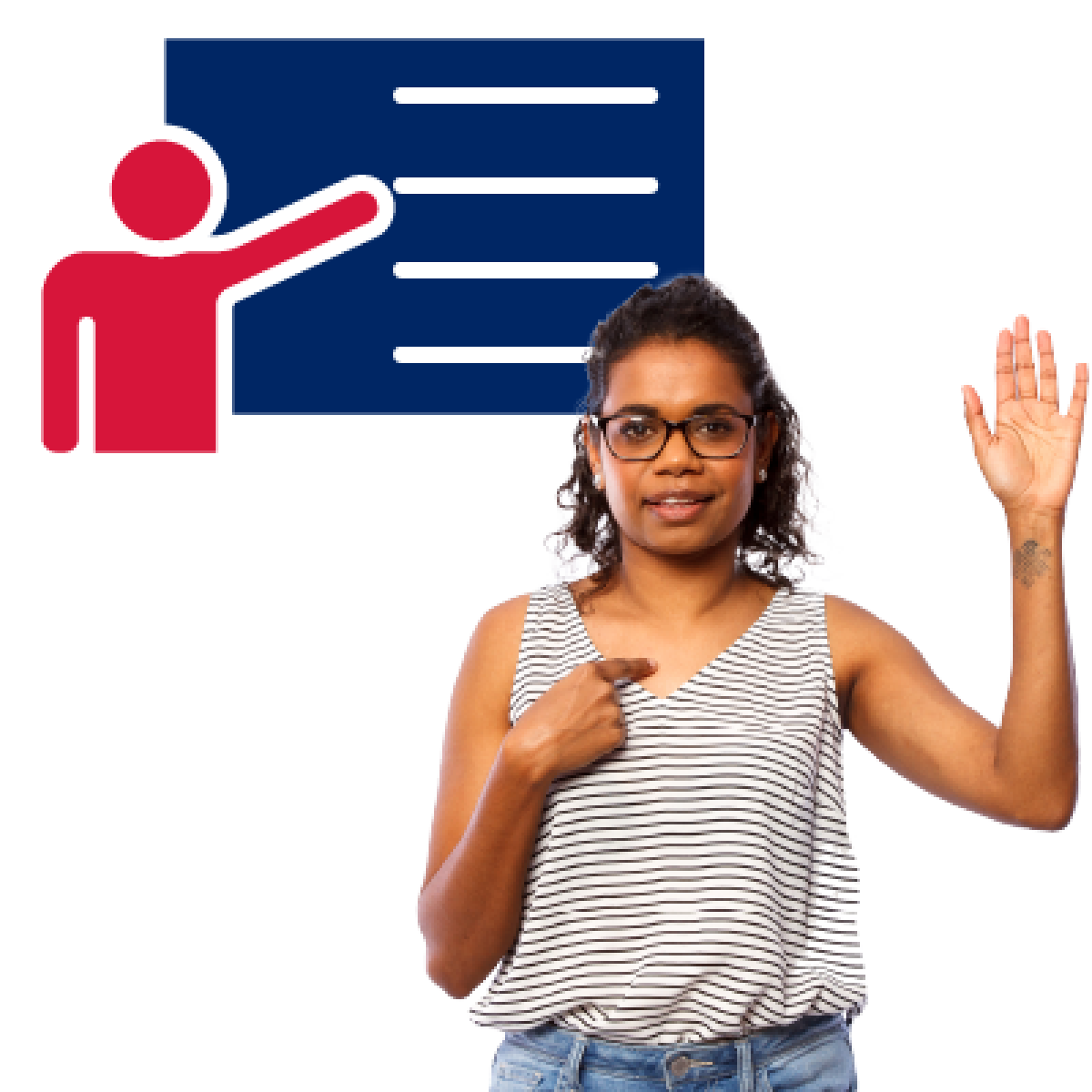
- need more training.

You have the right to have your say on safety at work.
This includes sharing ideas about how to:
- manage risks at work
- keep people safe from risks.

You should talk to your employer if you are worried about safety at work.

You can also call SafeWork NSW for support to speak up.
Your right to compensation

Compensation is money you are paid if something bad happens to you.
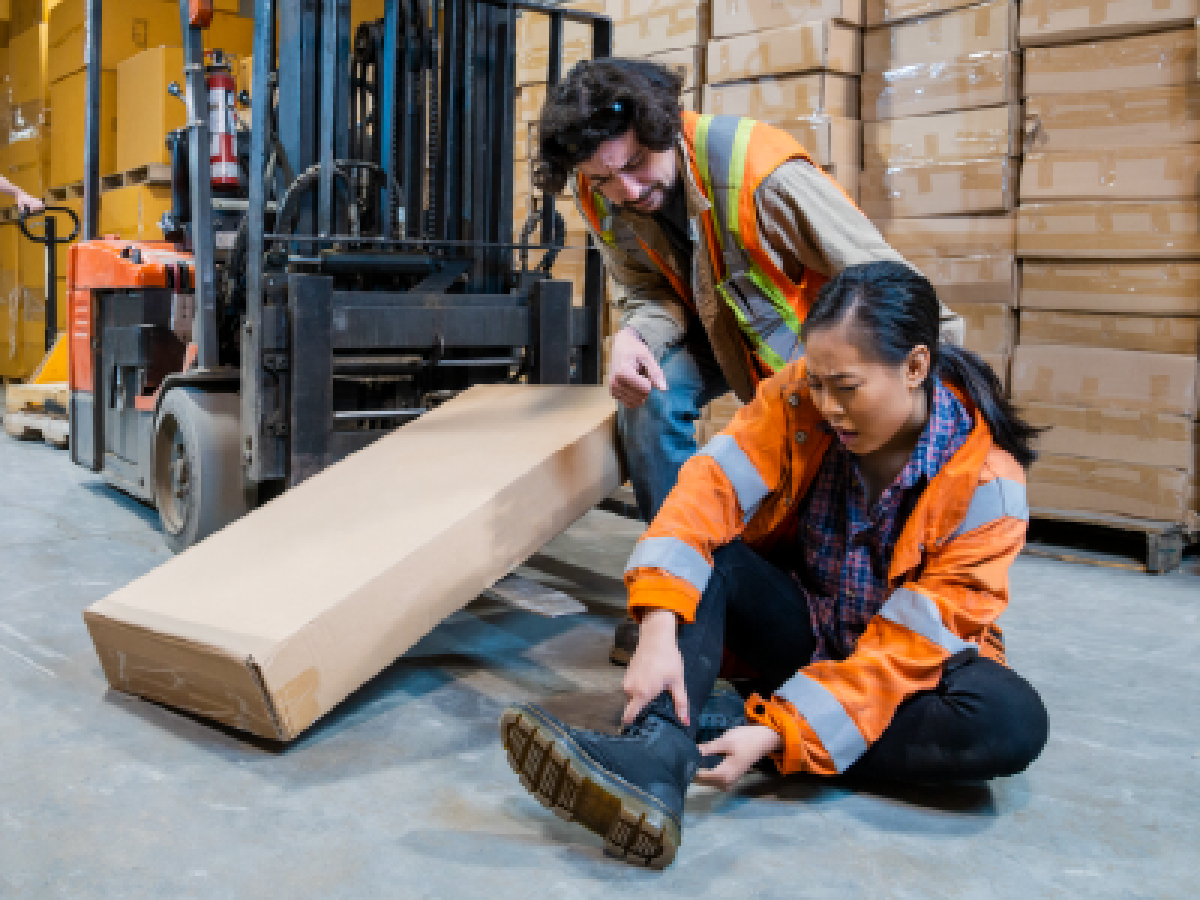
You have the right to compensation if you get hurt at work.

You also have the right to compensation if you get sick because of your work.

You can make a claim for compensation through your employer.

The Independent Review Office (IRO) can help you find out how to make a claim.

You can find out more on how to make a claim on the IRO website.
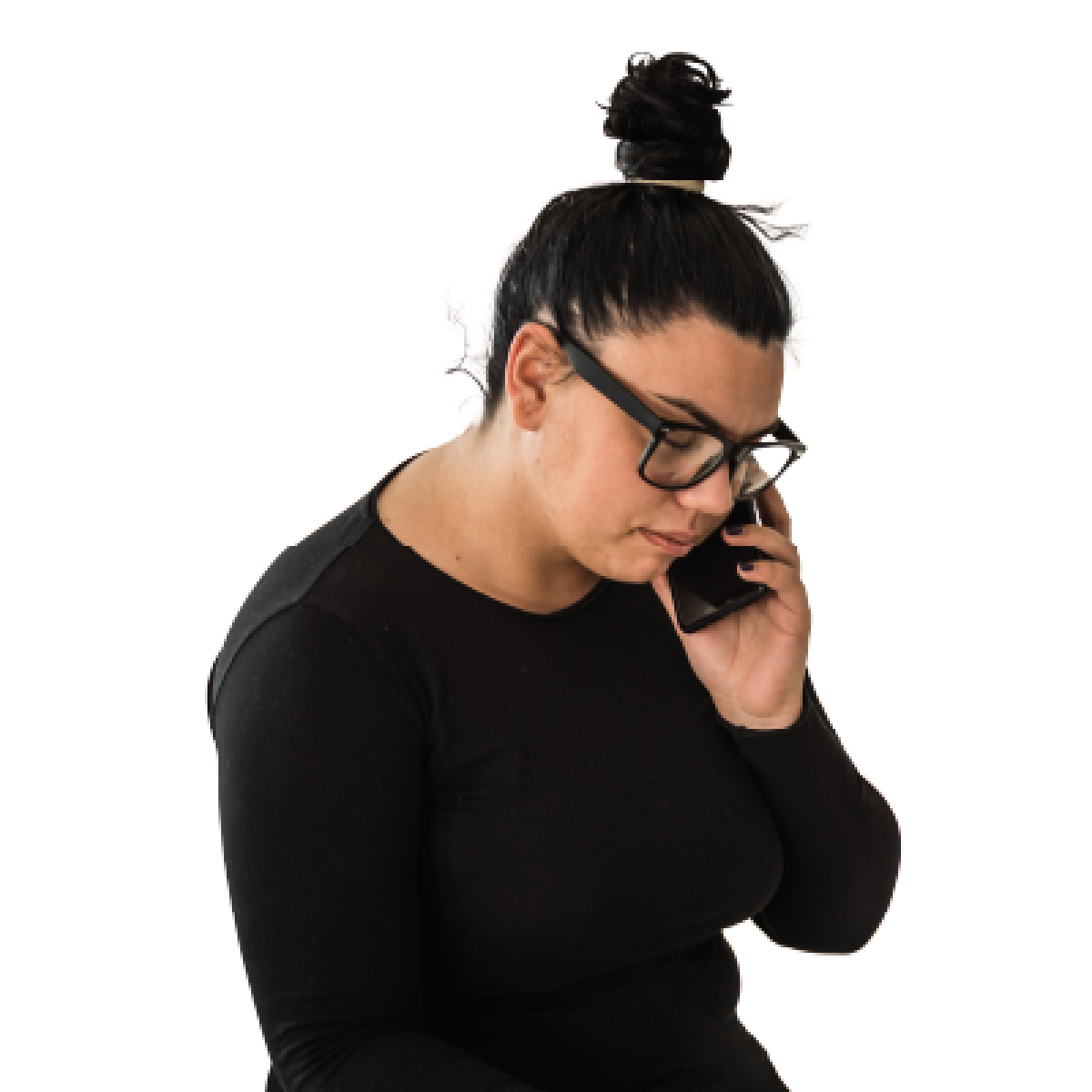
You can also call the IRO.
Your rights to a fair workplace
Your right to a workplace free from bullying

You have the right to a workplace free from bullying.
Bullying is when someone says or does something to make you feel bad over and over again.
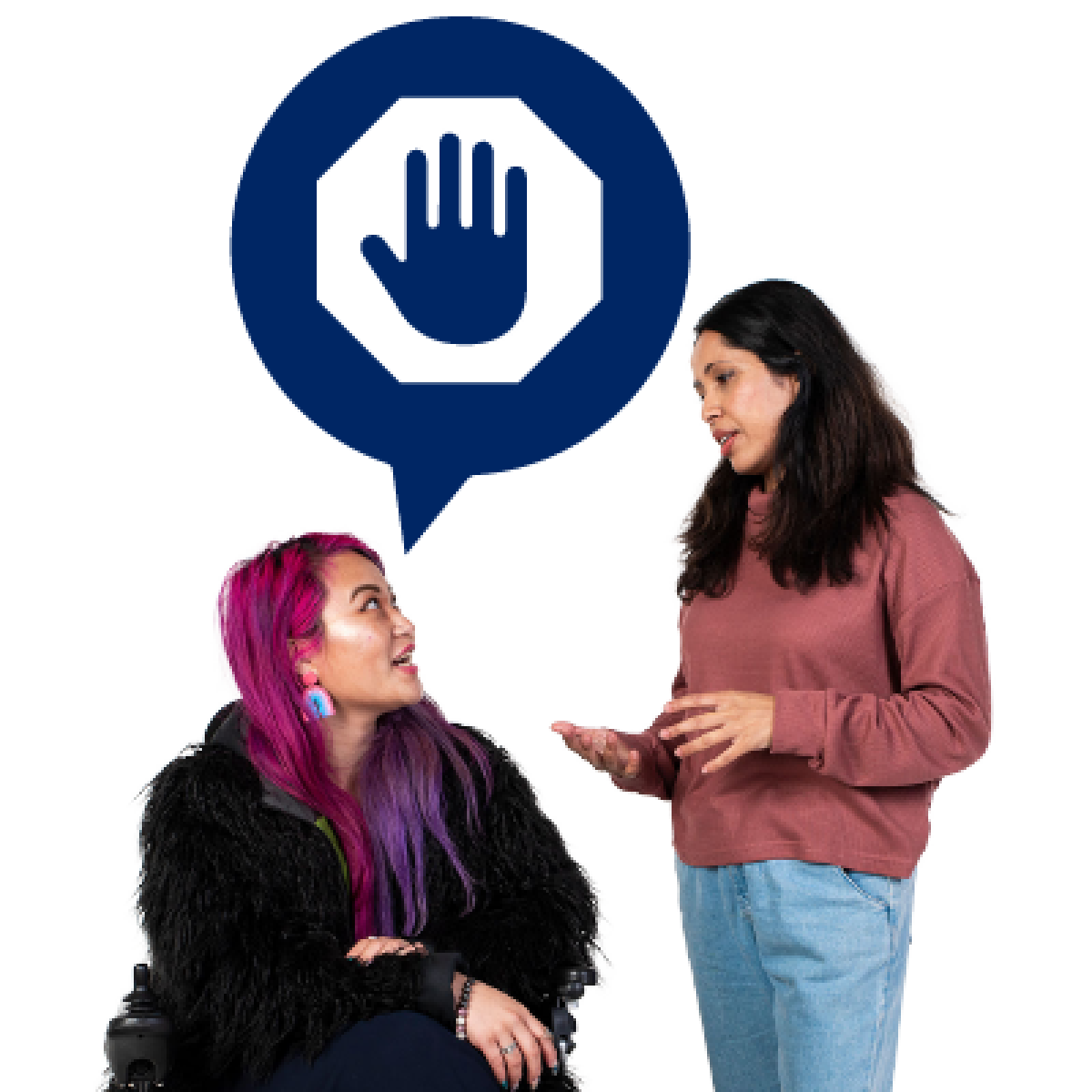
You can ask someone you trust how to stop the bullying.

You can find out more information on the Bullying page on the SafeWork NSW website.

If you still need support to stop bullying, you can make a complaint.
When you make a complaint, you tell someone that something:
- has gone wrong
- is not working well.

You can find out how to make a complaint on the Know who to contact page on the SafeWork NSW website.
Your right to a workplace free from discrimination

You have the right to a workplace free from discrimination.
Discrimination is when someone treats you unfairly because of a part of who you are.
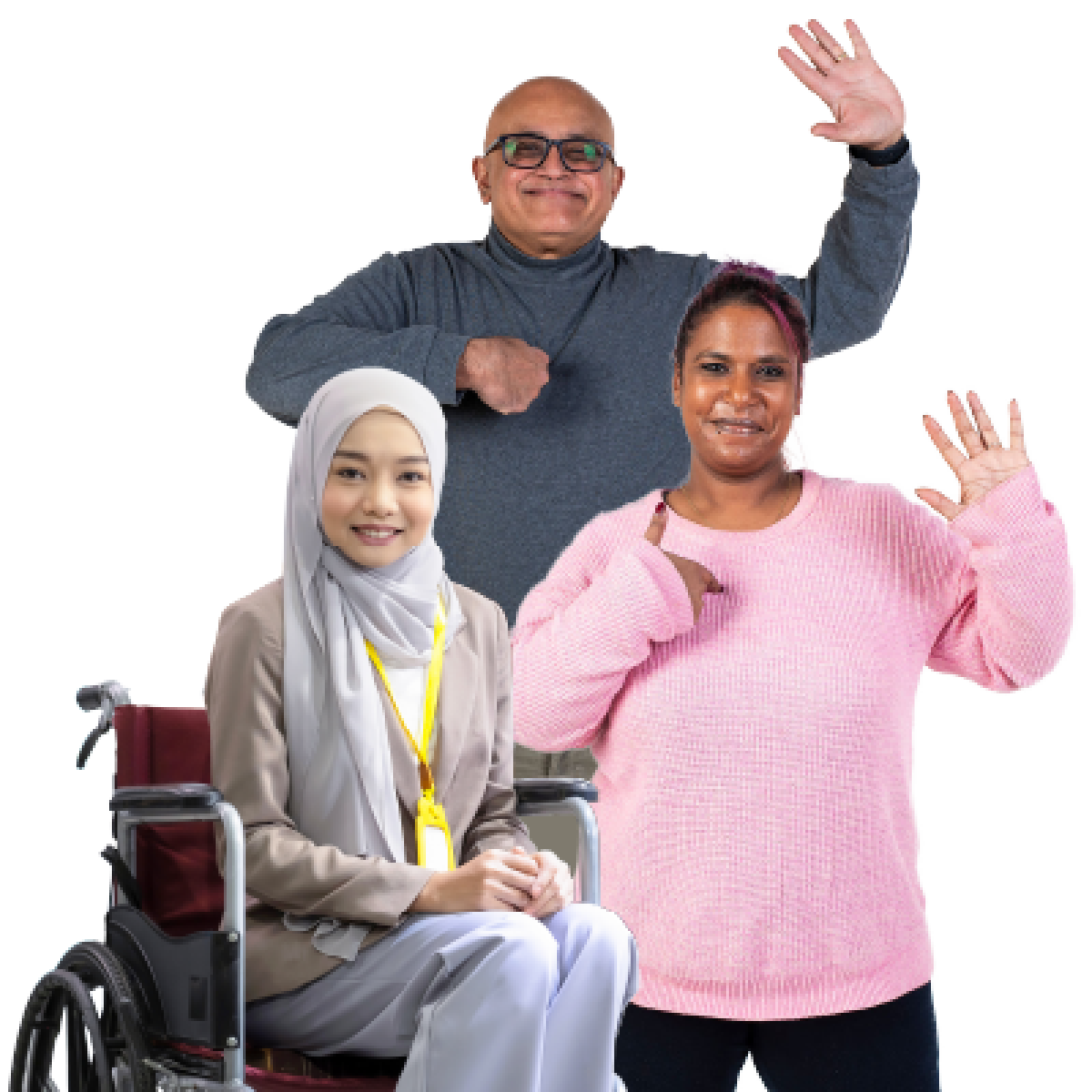
For example, because of your:
- background
- beliefs
- gender.
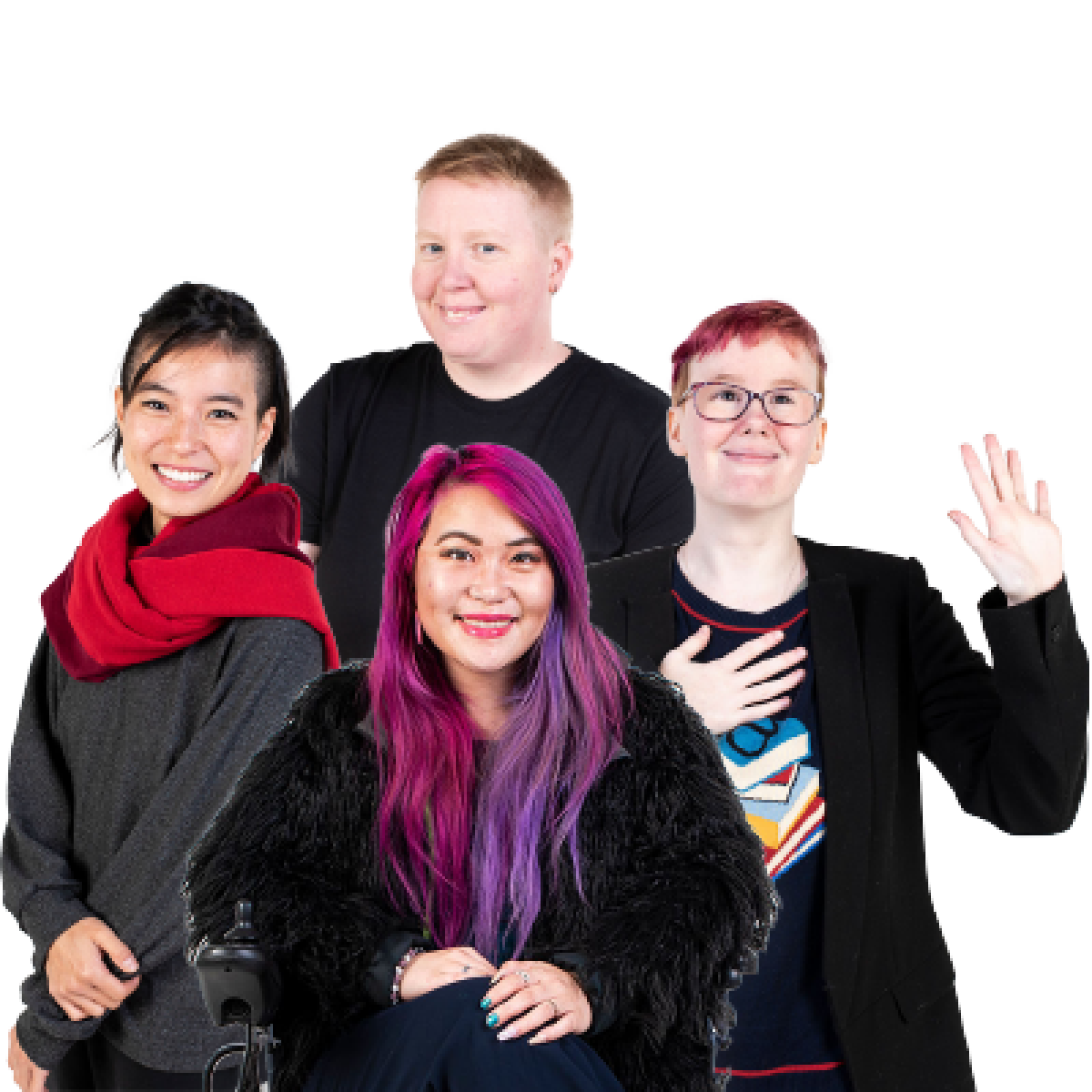
Your gender is what you feel and understand about who you are as a person.
You might think of yourself as a man or woman or something different.
You can choose the words that are right for you.
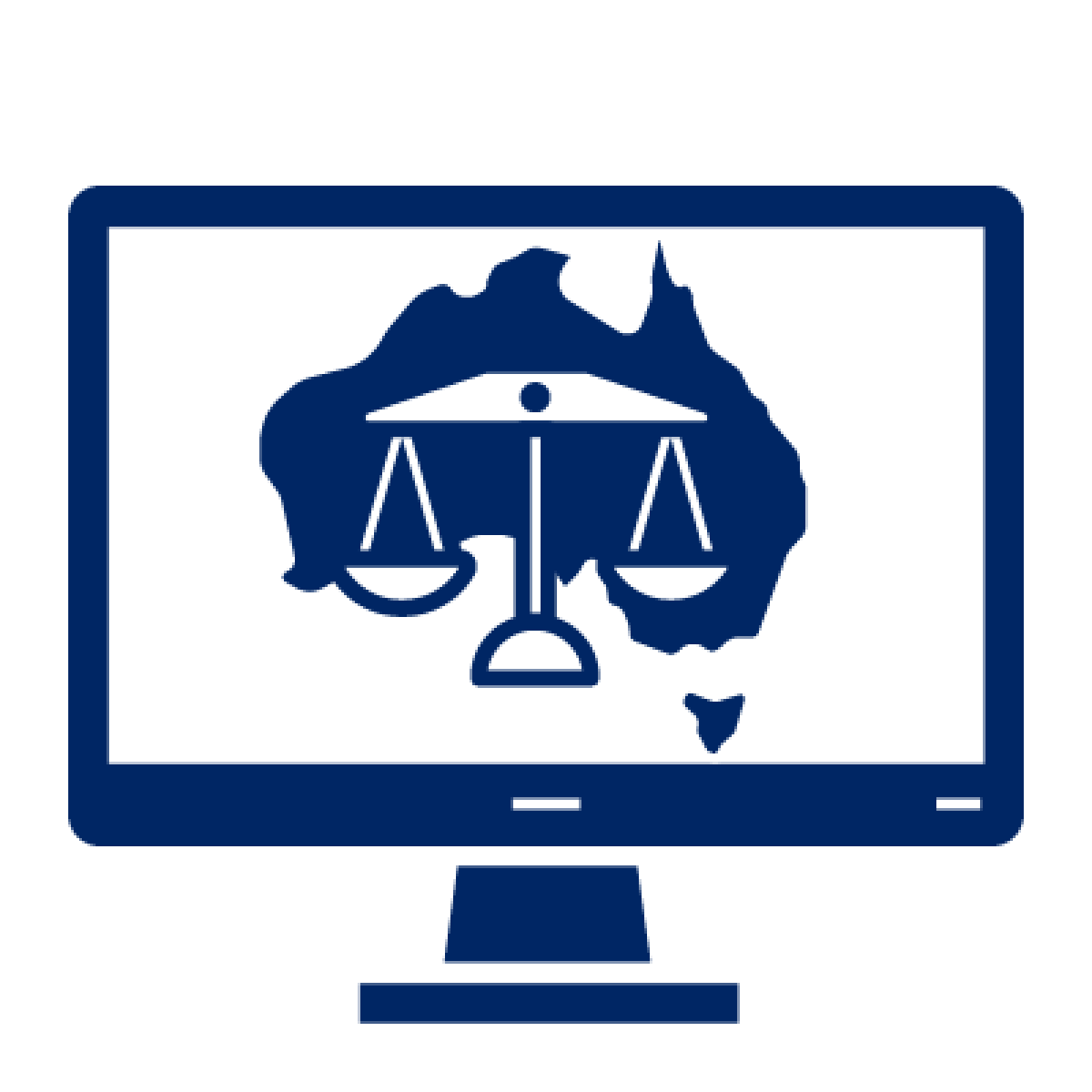
You can report discrimination on the Australian Human Rights Commission website.
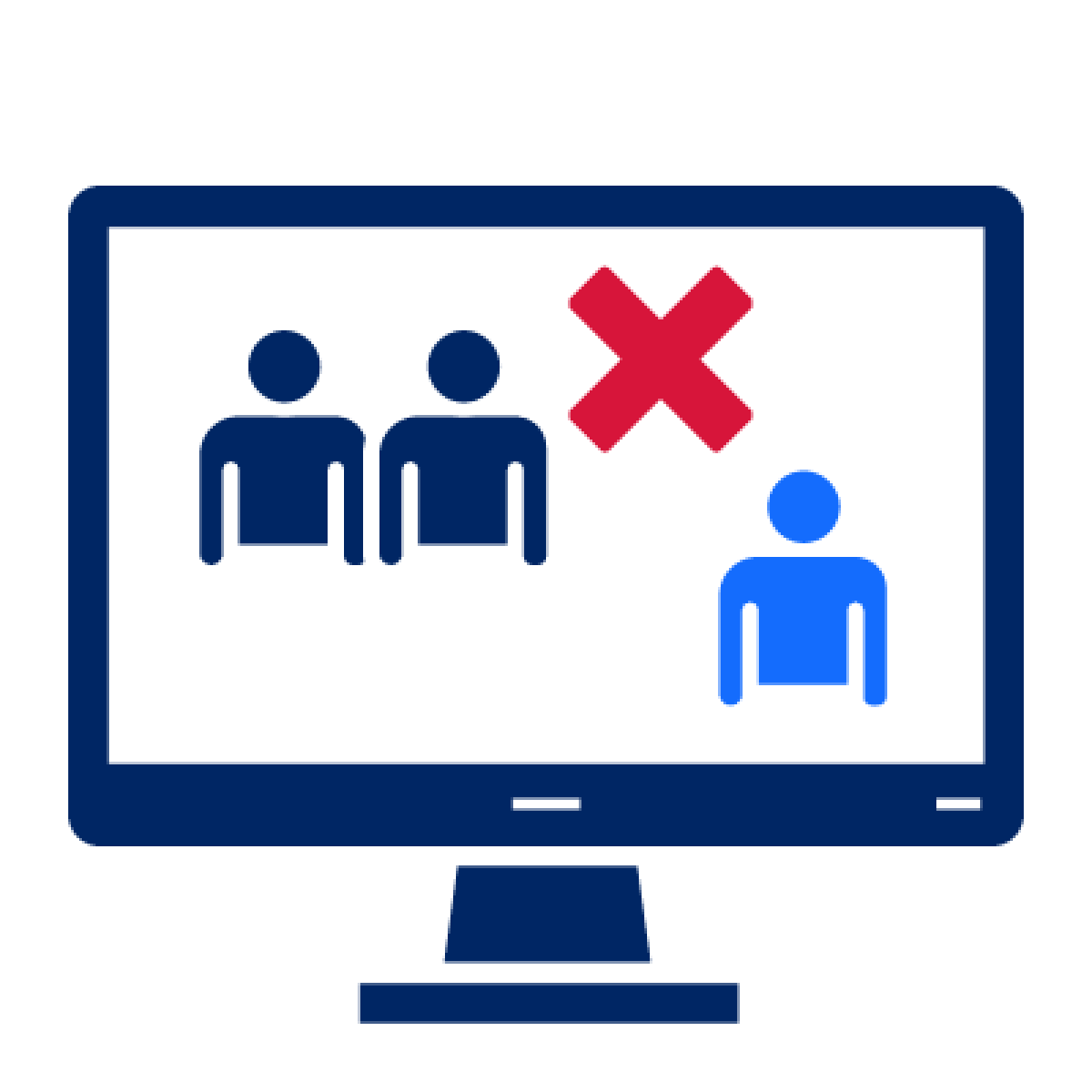
Each state and territory also have an organisation you can report discrimination to.
You can find out who to contact on the Anti-Discrimination NSW website.
Your right to fair pay and time off work

You have the right to:
- fair pay
- time off work.

You can contact the Fair Work Ombudsman to find out what your employer should pay you.

You can find other ways to contact the Fair Work Ombudsman on the Contact us page on the Fair Work website.
What your employer must do to support safety at work
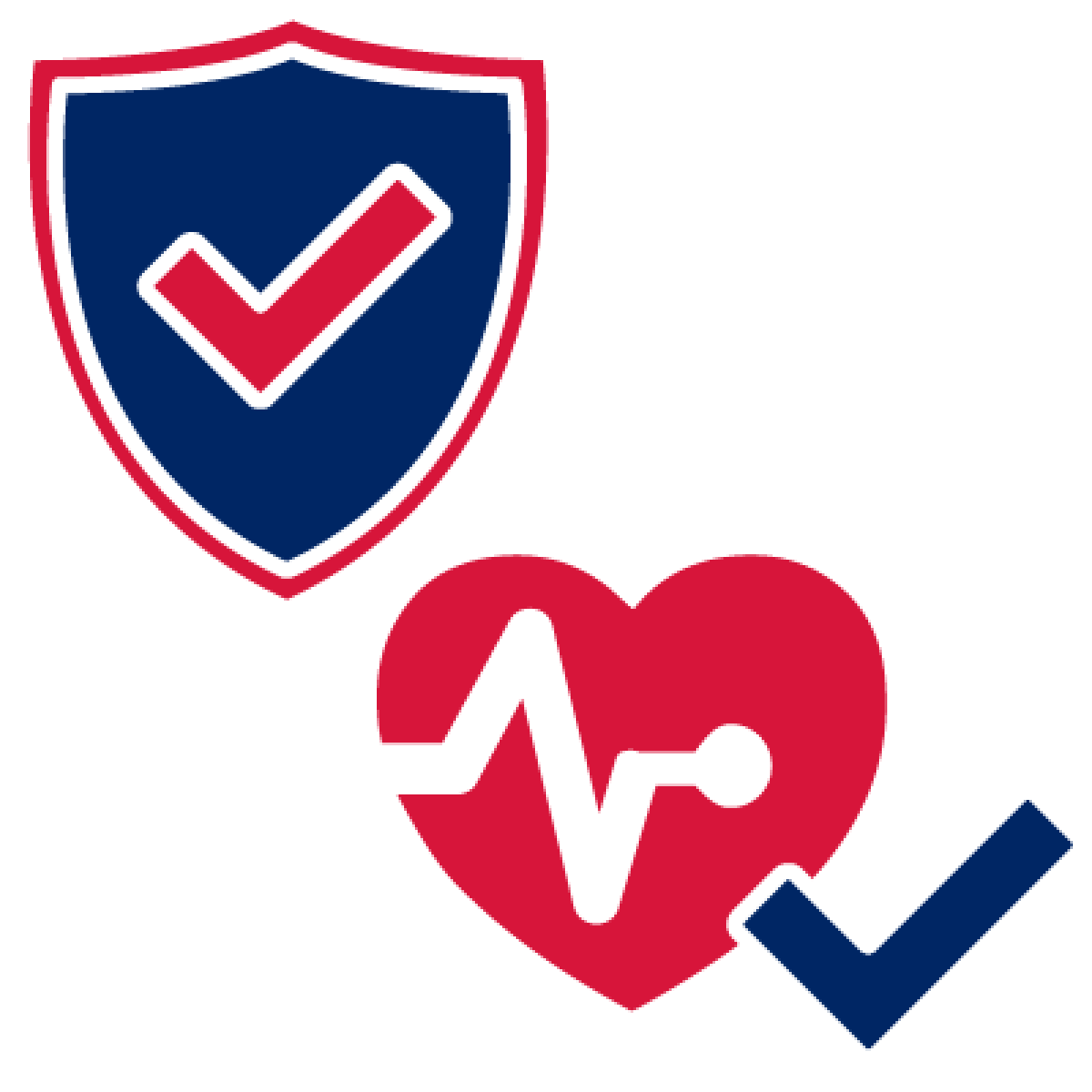
Your employer needs to make sure your workplace is safe and healthy.
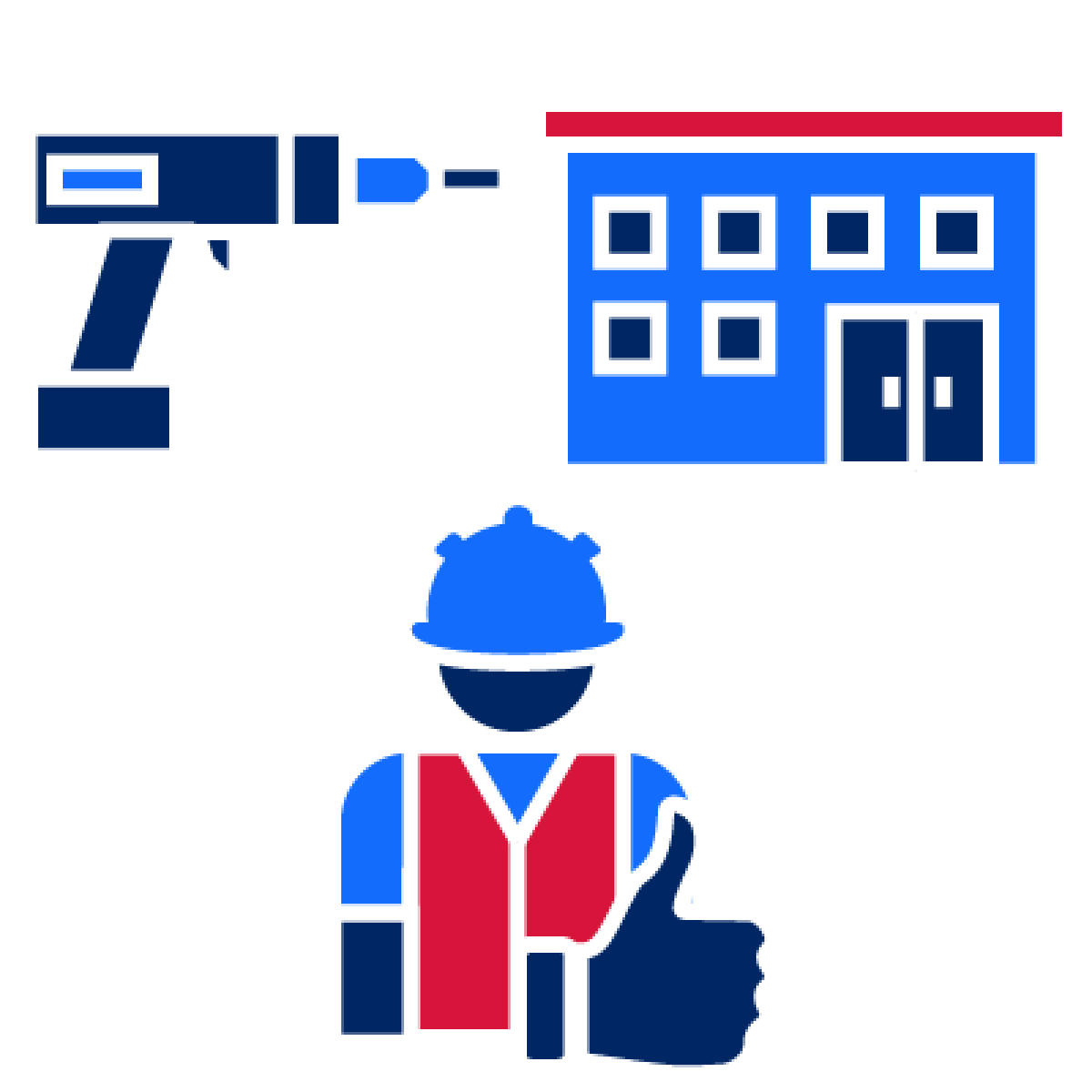
This includes making sure the:
- equipment is safe
- buildings are safe
- staff know how to work in a safe way.
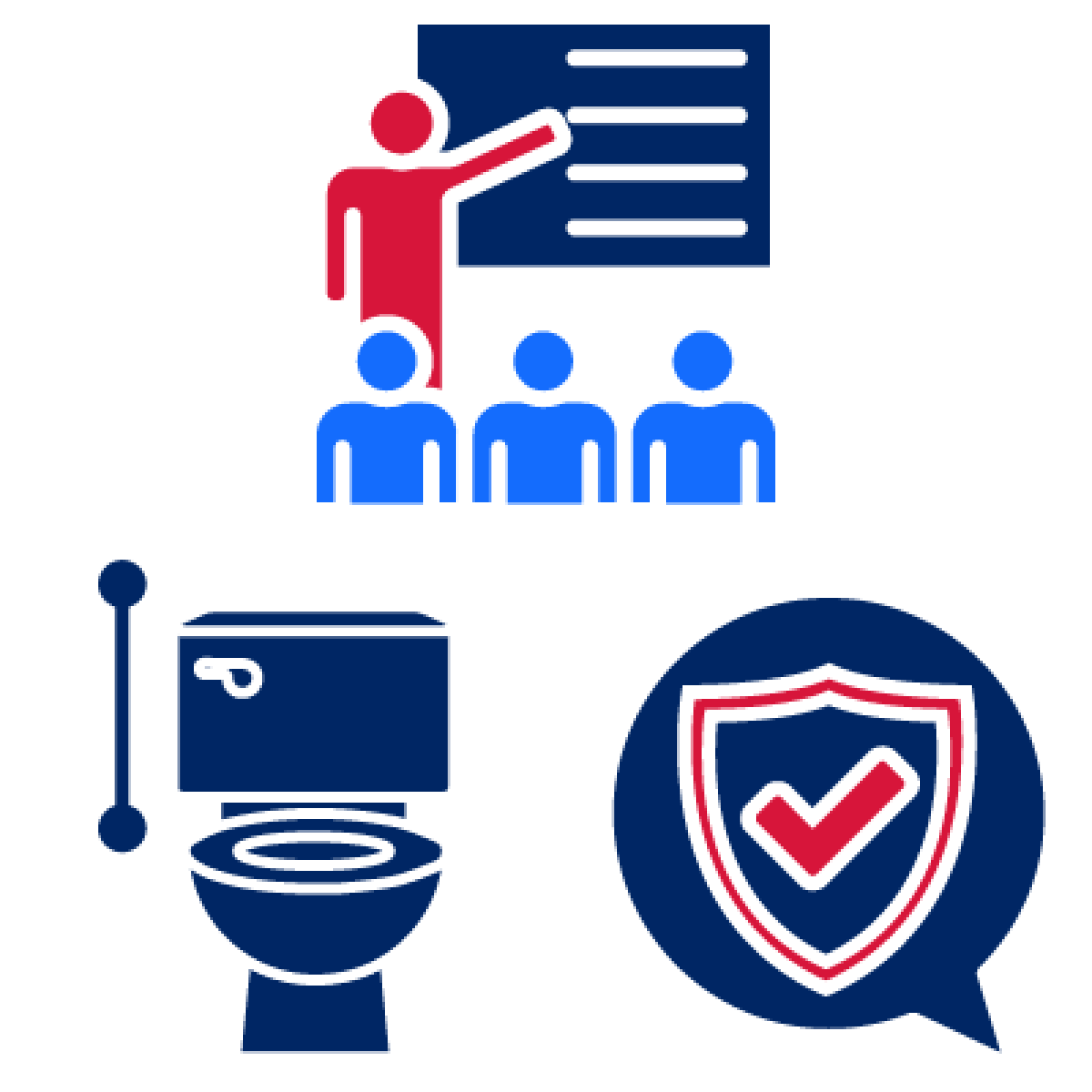
Your employer must also provide you with things you need, including:
- training
- bathrooms
- a chance to have your say about safety.
Who you can contact for support
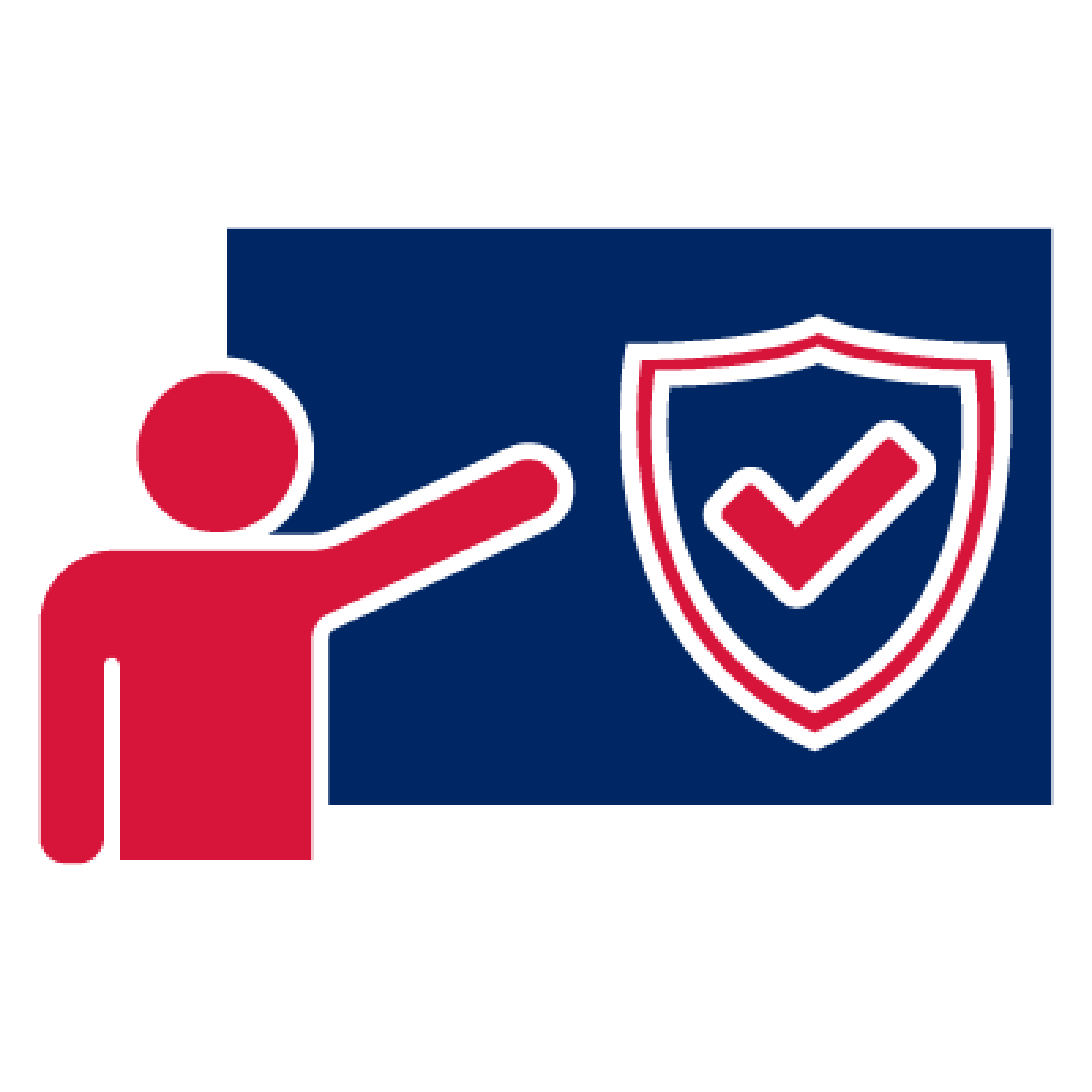
You can contact SafeWork NSW to:
- learn about safety at work
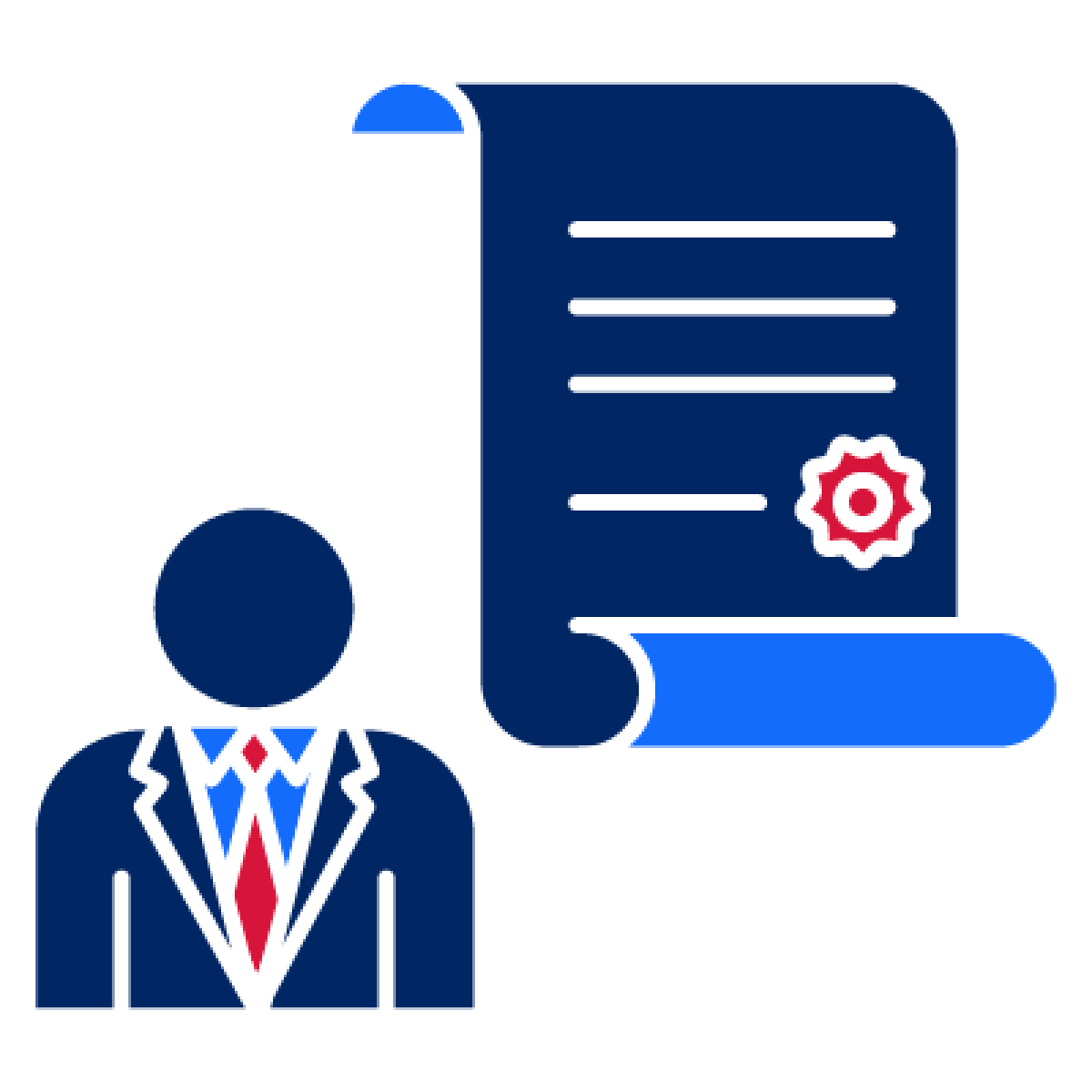
- make sure your employer follows the law.

You can call SafeWork NSW.

You can visit the SafeWork NSW website.
Support for you
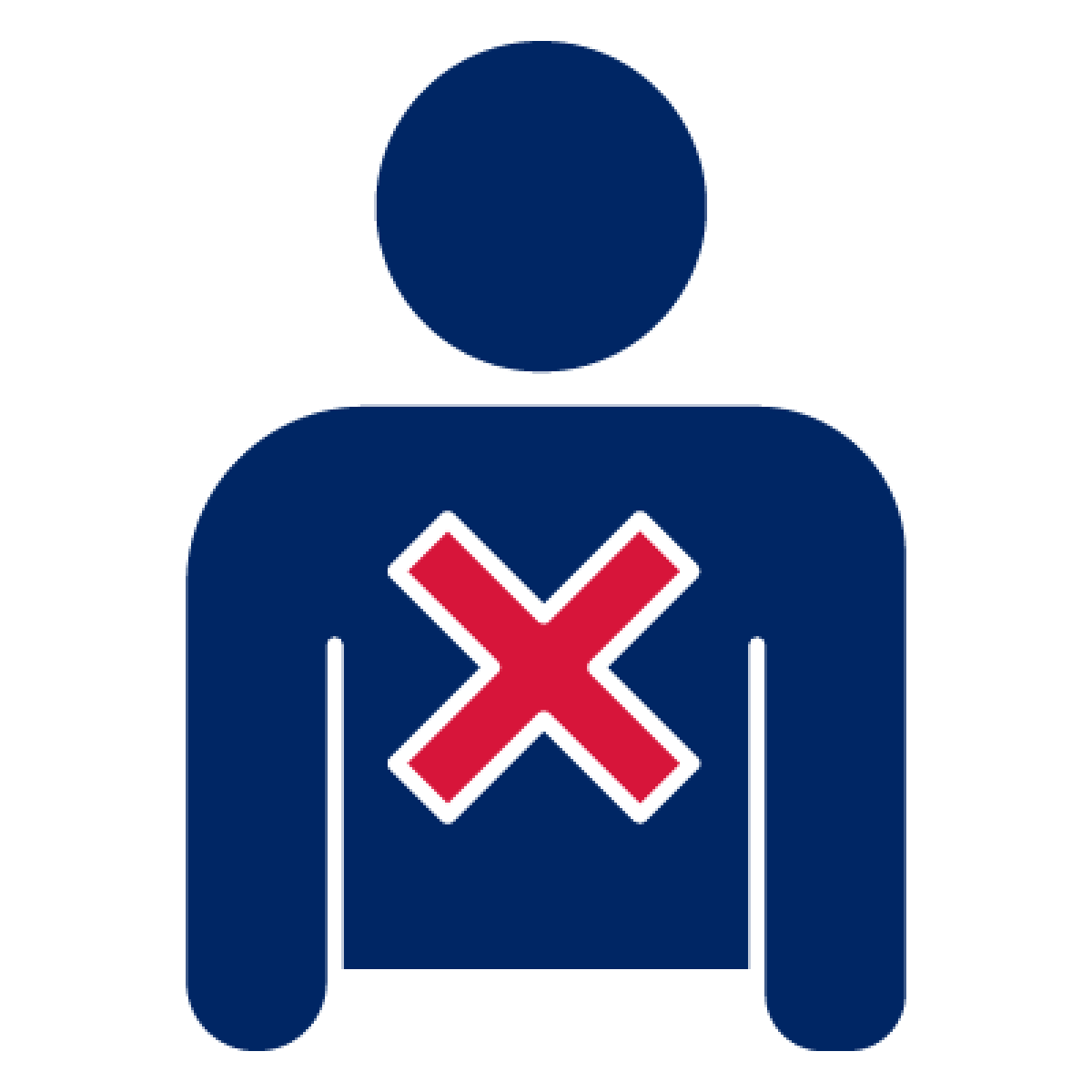
Lifeline is a service for people at risk of:
- hurting them self because of their mental health
- ending their own life.

You can call Lifeline any time.

Beyond Blue is a service that can support people with their mental health.

You can call Beyond Blue any time.

If you need something in a language other than English, you can call the Translating and Interpreting Service (TIS).